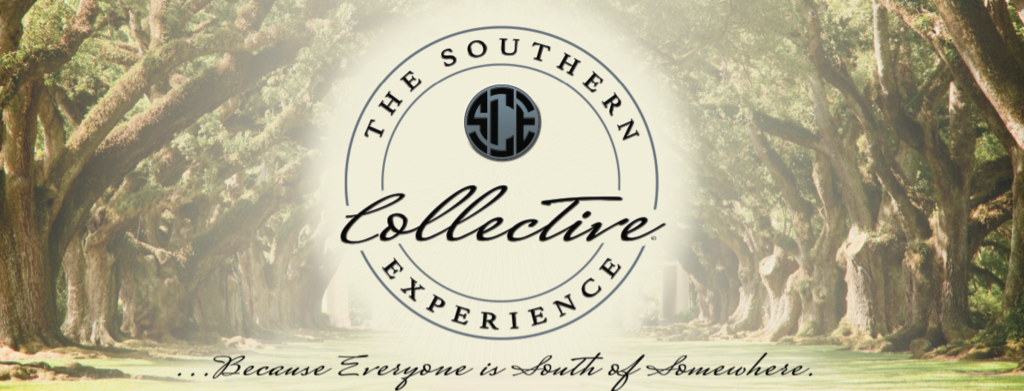A Review by Clifford Brooks
The Blue Demon
Chad Prevost
The Wing & The Wheel Press, Chattanooga, TN, 2014
ISBN-13: 978-1936196845
86 pages
Chad Prevost’s thoughtful and dynamic use of language invigorates his poetry, while his maturing voice reaches a clime of resolute durability. He imbues page after page with a significant ingredient necessary to fully encapsulate the art form: spirituality. From the beginning, in “Language Barrier,” when Prevost writes “If ever I witnessed a miracle, it was here, straddling/two worlds: platitudes and faux-wood pews ….” we are placed as witnesses to a miracle. Yet, the strongest impression of this spiritual emergence rises within the poem titled “Wading,” which revolves around the soul, the impression of “wading/knee-deep within yourself,” and the fluctuating tides of night and day each soul endures, before closing “What’s the purposed order to this eternal wading?”
Prevost establishes an enthralling claim on identity by presenting names for particular places and people. Through this, he concretely connects the simple to the complex. In “The Chicago Daily Blues,” we are given a detailed account of Chicago, while presented with a stalwart sentiment: “When I lived here the Cubs were still lovable losers, Pluto/was a planet, and I was so in love with the romance of Chicago,/I asked you to spend your life with me.” Through this love, through the wind of this city, we witness the changeability often prevalent within people. Likewise, Prevost never slacks with climate impact, and uses the elements to detail their importance as a further assertion for identity.
To focus on maturity, Prevost’s use of nature provides a staggering revelation in two poems: “Allegory of the Jay” and “To You Who are One of Many.” In “Allegory…,” we witness a young boy’s determination to shoot a blue jay, providing this image after the first bullet makes impact “It fell,/a single wing flapping. I shot and missed, shot again,/but still it fluttered like a busted blue harpsichord.” In “To You…,” we are faced with the statement, “Just a fish, cold-blooded, no nerve ends/to let it feel what we feel.” The maturity rests in the realization “But what I feel is not what he feels,/or you or anybody. Each one of us/will die in a loneliness that can’t be shared.” Maturity’s pulse is the divine realization that eternity can be vastly ephemeral.
I am honored to have received the opportunity to read “The Blue Demon.” In an art form thirsting for truth, Prevost’s words hold a genuine, spiritual substance that comfortably settles the soul.
Check out this interview (pages 112-113) and more here –
